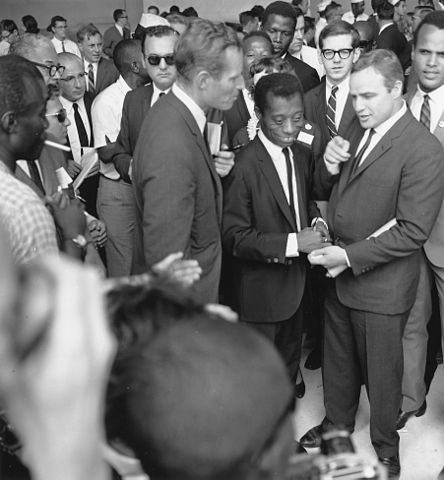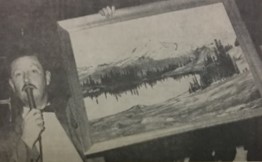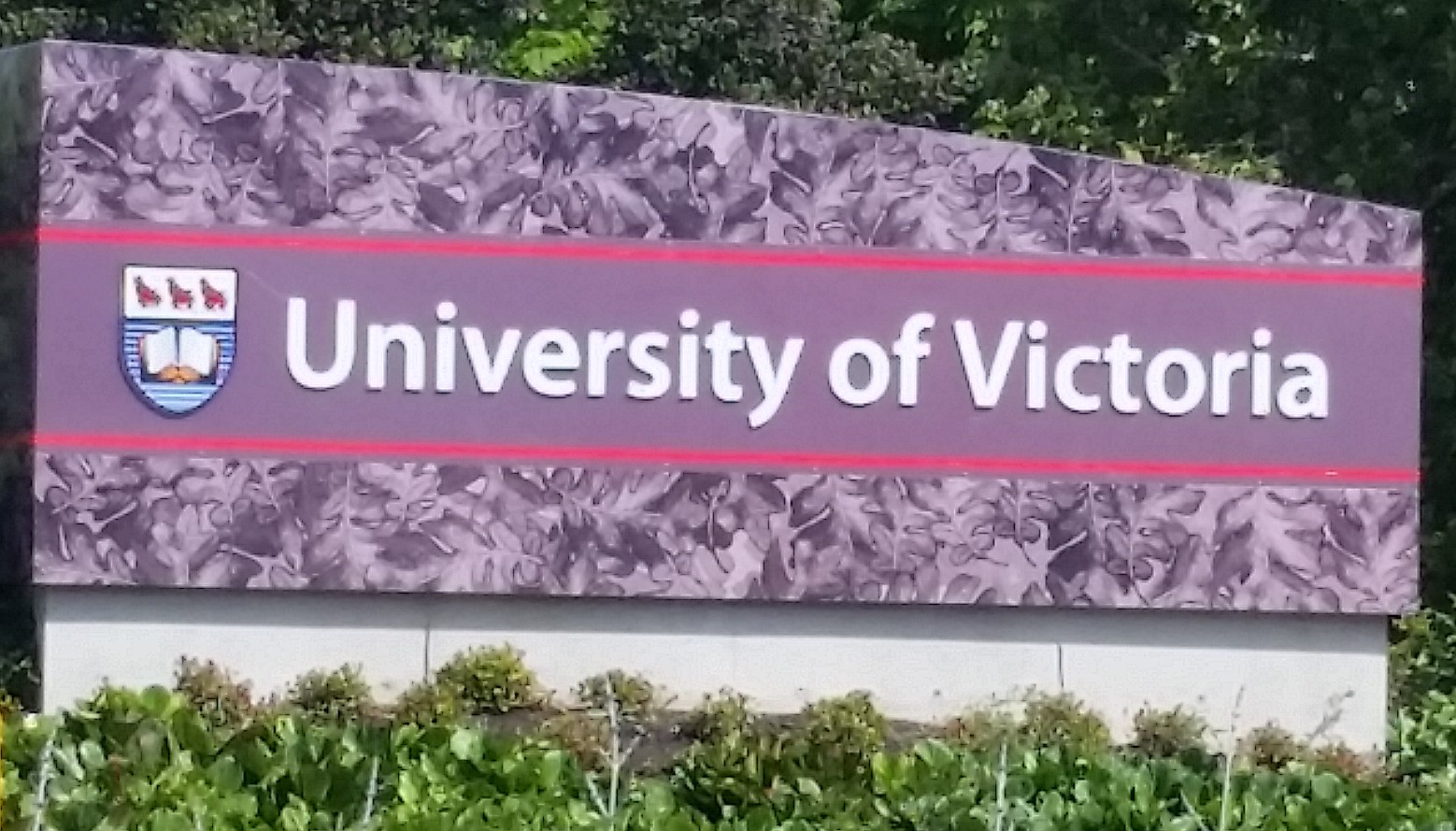Calling Things Truly
I’m not sure any writer stimulates me like Rebecca Solnit. Her dead-aim truth telling and her exquisite control of language serves up so many reminders and inspirations. In “Silence Is Broken,” an early essay in The Mother of All Questions, Solnit writes: The task of calling things by their true names, of telling the truth



 bother to look and listen. Yet, reconciling the successive, overlapping, or competing pasts in one place can confound the historically inclined. It did me on a visit to the
bother to look and listen. Yet, reconciling the successive, overlapping, or competing pasts in one place can confound the historically inclined. It did me on a visit to the